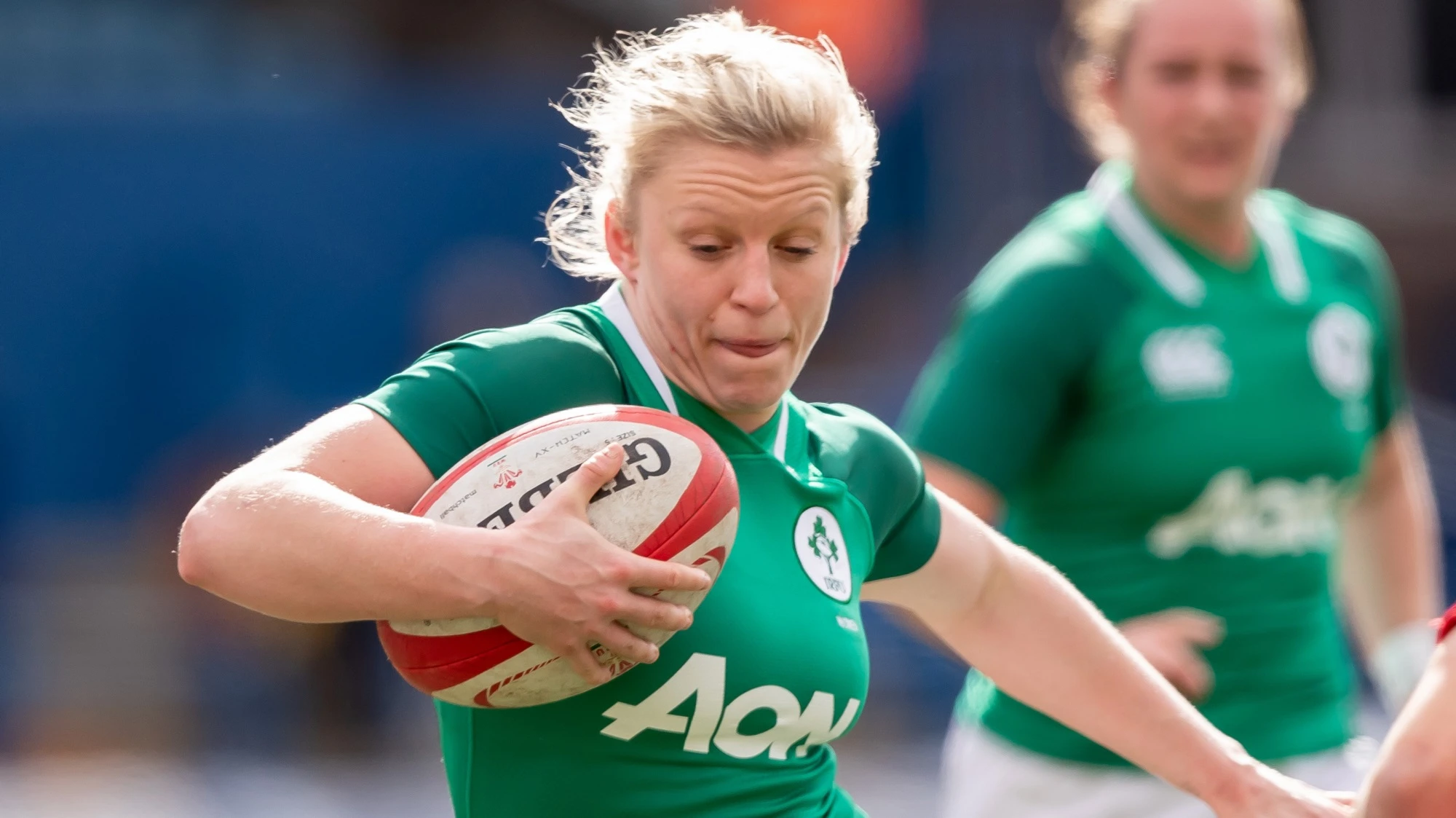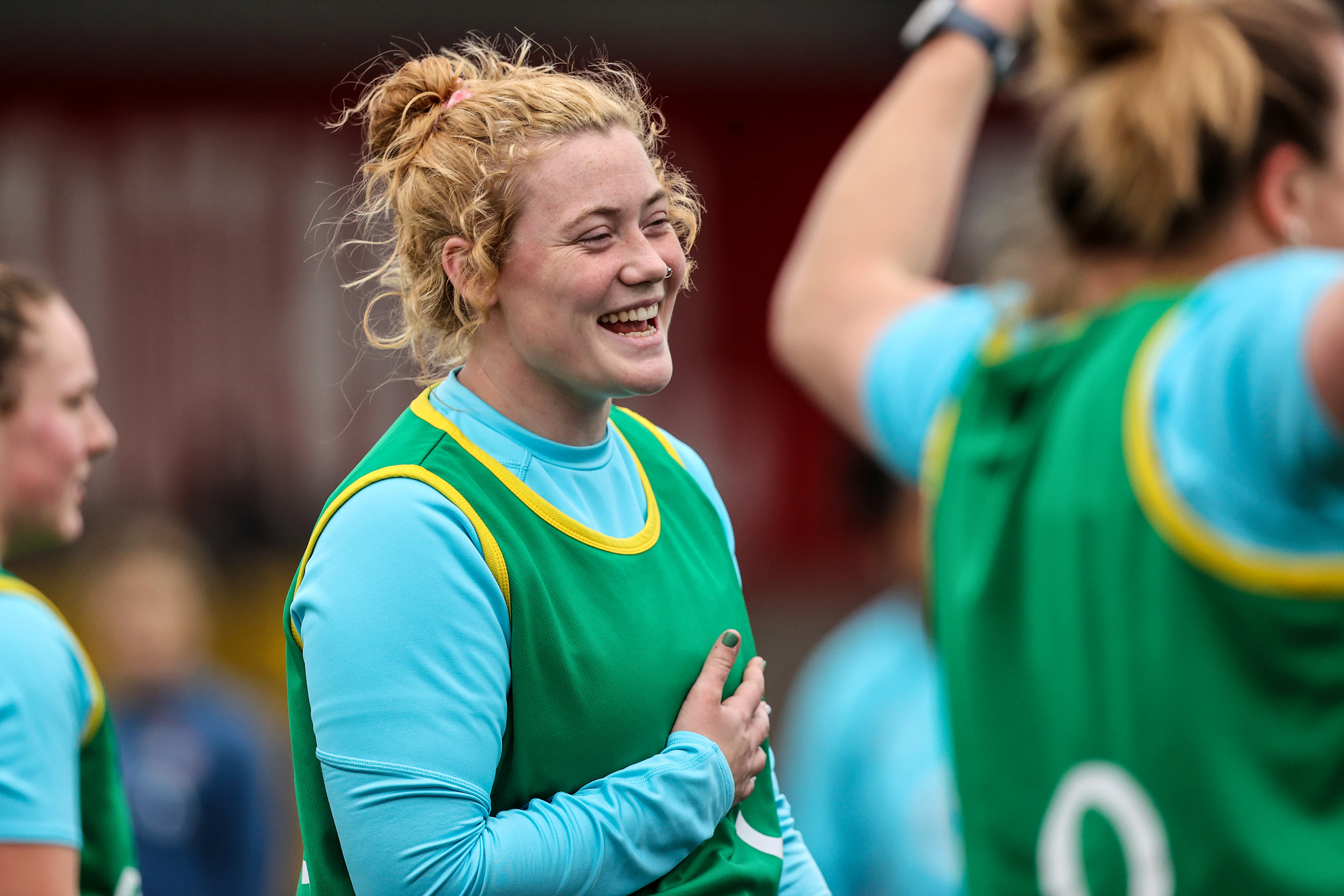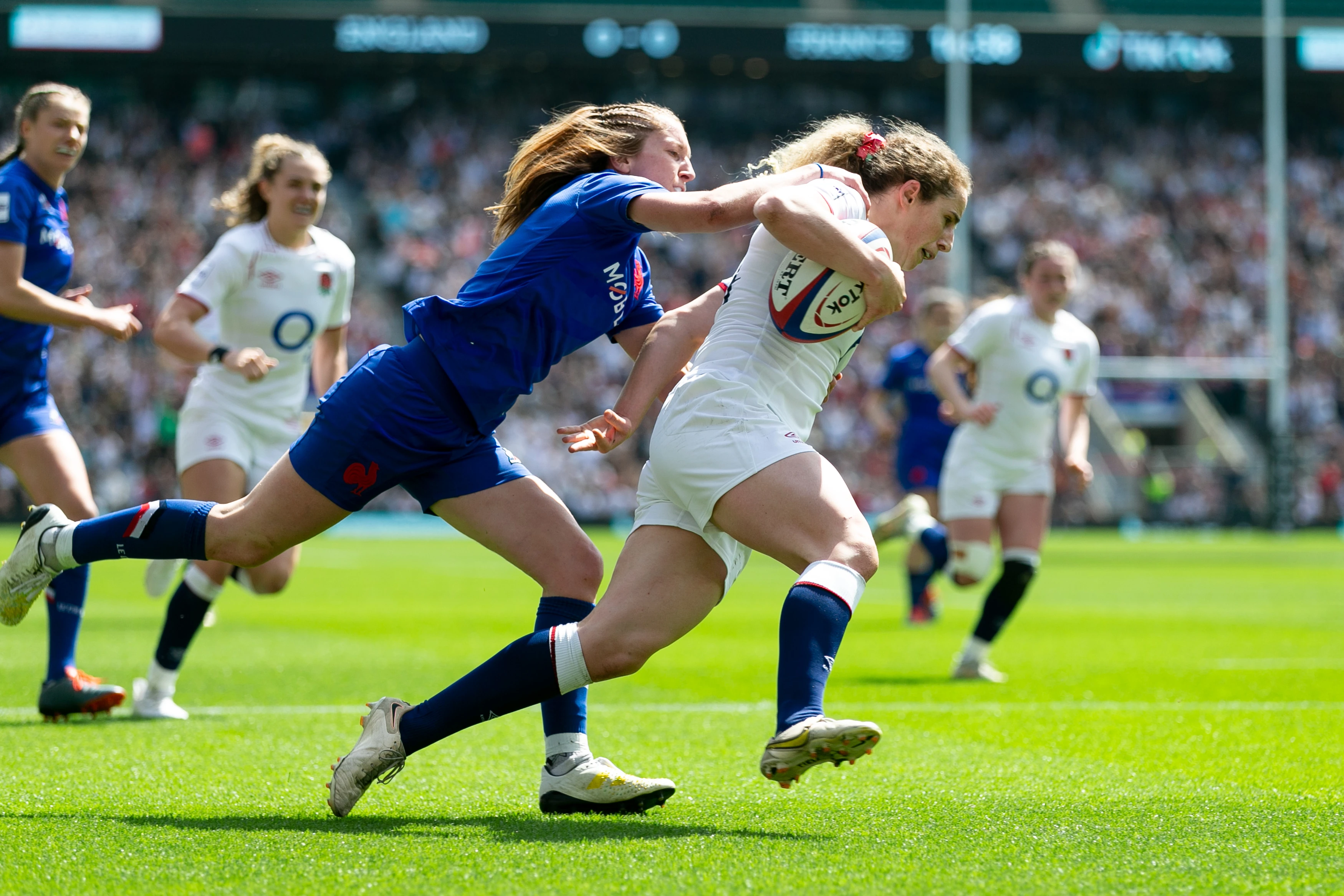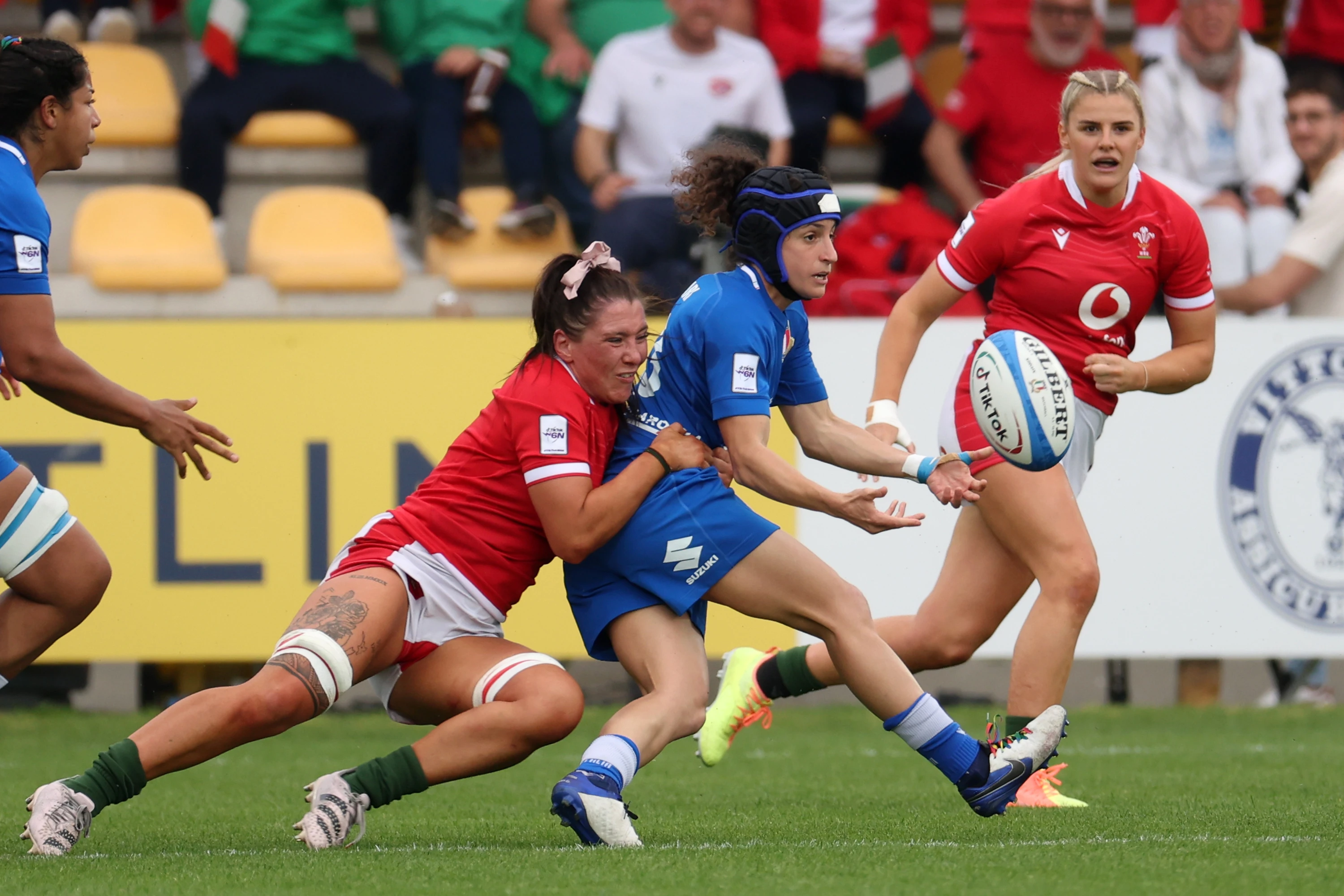Claire Molloy has shown bravery throughout her career but now the Irish flanker is transferring courage to the hospital ward to serve on the frontline as an A&E doctor.
Molloy has been capped 69 times by Ireland, captaining the side in the 2017 Women’s Six Nations having been part of the first squad – of any age or gender – to defeat New Zealand, in the 2014 World Cup.
But now she is putting her rugby skills to one side to head to the frontline of the battle against coronavirus, as a doctor working at the University Hospital of Wales, in Cardiff.
“It is reasonable to have a degree of fear,” Molloy explained to BBC Radio 5 Live’s Rugby Union Weekly podcast.
“There is so much out there from academic literature and the news about healthcare workers being exposed and becoming unwell.
“As the cases rise in Wales, we are starting to know staff with family members who are healthcare professionals unwell with coronavirus.
“Quite a few of our department have contracted it. It is a fear but we are going in a well prepared set up, respecting your personal protective equipment, wearing it properly and taking it off properly.
“It is about respecting virus, in the sense that if we do not our own row properly then we are at risk and putting others at risk.”
With hospitals looking to cope with the surge of patients hitting their wards, Molloy is among the many whose shift patterns have changed, with healthcare workers being provided with personal protective equipment (PPE) in order to carry out the duties.
“We have what we call the ‘red zones’, where we have our full personal equipment on. We have three within our department,” she added.
“We will spend half a shift in there because the PPE is really warm. You are re-breathing your own CO2.
“We spend 4-6 hours in there then we are tagged out by our colleagues. We try to avoid any doctors working there for the whole shift because of how warm it is.
“It is restrictive. It is for your protection but you are wearing an extra layer that you would not normally wear. It has to be airtight so it is going to be uncomfortable on your face. You can always tell who has come out of the red zone but how red their face is.”
While putting herself at risk every day, Molloy is grateful for everyone’s appreciation for NHS workers over recent weeks, with the #ClapForOurCarers initiative becoming a weekly display of support across the country.
But the doctor believes the support should go beyond those working on the frontline.
“I think it is great to see the people’s appreciation for what we are doing for the frontline staff but there are also staff that we do not think about,” she added.
“Our cleaners are working phenomenally and they are the real unsung heroes. Their workload has exceptionally increased and they are our lowest paid workers.
“They would be described as unskilled but they are incredibly skilled. We try to recognise that and all the kind donations we are getting from local businesses, like food, the cleaning staff get first access to it.
“It is nice to have the appreciation but I still want to see all those people who are clapping doing the self-isolation because it is so important.”



